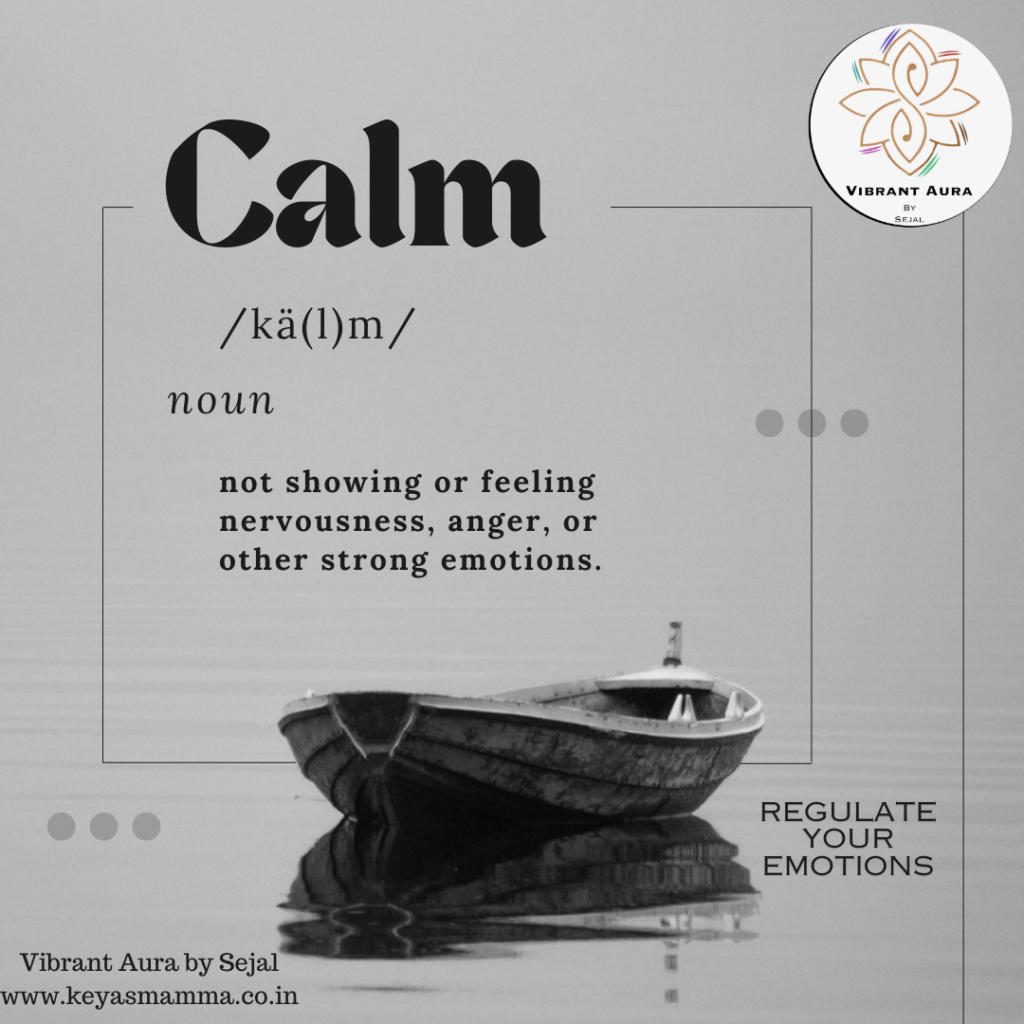Psychology

Stay Calm and Control Anger.
Staying calm and controlling anger often involves deep breaths, taking a moment to assess the situation, and consciously choosing a response rather than reacting impulsively.
Avoiding impulsivity during anger requires consciously slowing down your reactions and giving yourself time to think before acting. Here are some tips with examples:
- Take deep breaths: When you feel anger rising, pause and take a few slow, deep breaths to calm your nervous system. For example, if someone cuts you off in traffic, take a deep breath and remind yourself that getting angry won’t change the situation.
- Count to Ten: Counting to ten can give you a moment to step back and regain perspective. For instance, if you receive a frustrating email, count to ten before drafting a response to avoid sending a heated reply.
- Practice empathy: Try to understand the other person’s perspective, which can help diffuse anger. For example, if a coworker makes a mistake, consider the possibility that they may be stressed or overwhelmed.
- Use “I” statements: Express your feelings without blaming others. Instead of saying, “You always make me late,” try saying, “I feel frustrated when I’m running late.”
- Pause before responding: Instead of reacting immediately when you feel angry, take a moment to pause and collect your thoughts. For example, if someone criticises you unfairly, pause before responding defensively
- Use a distraction: Shift your focus away from the source of anger temporarily to avoid impulsive reactions. For instance, if you receive frustrating news, take a walk or listen to calming music before deciding how to respond.
- Consider consequences: Think about the potential consequences of acting impulsively while angry. For example, if you’re tempted to send a heated message, consider how it might impact your relationship with the recipient.
- Reflect on past experiences: Recall times when acting impulsively during anger led to negative outcomes. Use these experiences as motivation to practise restraint in similar situations.
Reach out to a trusted friend or therapist for support when you’re struggling to control impulsivity during anger. They can offer perspective and help you develop healthier coping strategies.
Also read about- Pause For A Moment
Sejal Waghmare
0
Tags :